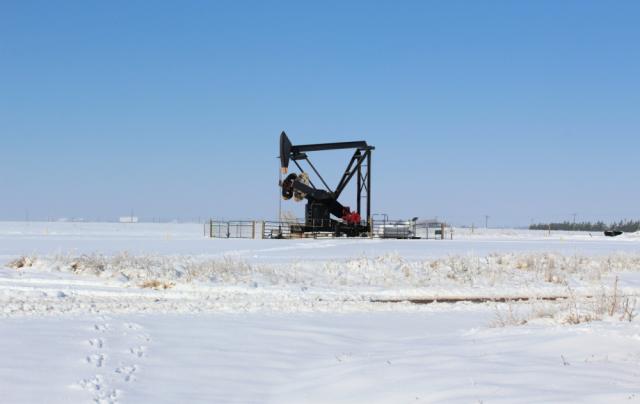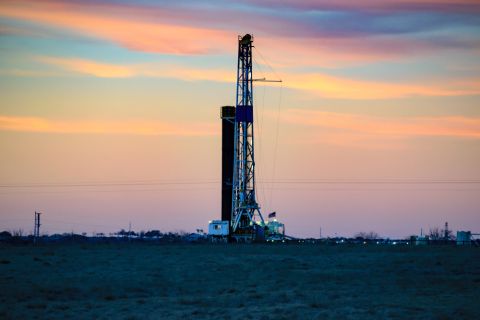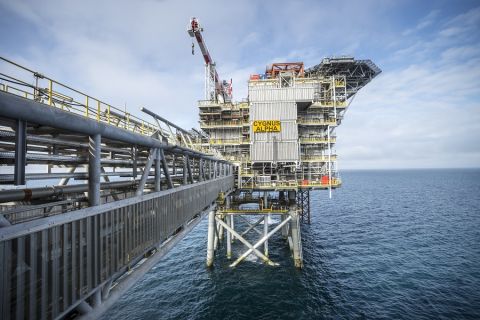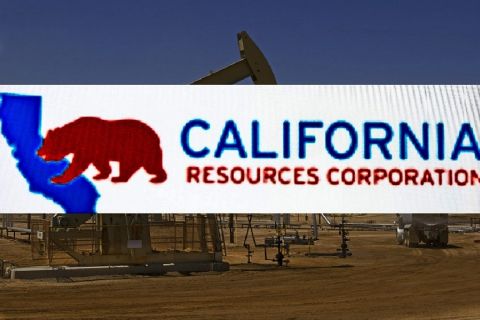
Following the legislative mandate by the Texas RRC, TXOGA President Todd Staples raised concerns about negative effects of the weatherization rule on natural gas production and operator safety. (Source: Shutterstock.com)
Roughly a year and a half after a deadly winter storm collapsed the Texas power grid, the state’s regulators approved new rules on Aug. 30 that require oil and gas companies to properly prepare natural gas infrastructure for extreme weather.
The new Weather Emergency Preparedness Standards rule (Statewide Rule 3.66) approved by the Texas Railroad Commission (RRC) requires facilities representing a large portion of daily natural gas supply in Texas to be prepared to operate during weather emergencies. Fines for administrative violations could reach up to $1 million, according to a release by the RRC.
“These new rules ensure our state’s natural gas supply chain is prepared for extreme heat and freezing cold,” RRC Chairman Wayne Christian commented in a statement.
The adoption of Statewide Rule 3.66 represents the state’s first weatherization rule for natural gas facilities and implements provisions in Senate Bill 3, which was passed by the Texas Legislature and signed by Governor Abbott in 2021 following Winter Storm Uri.
“These new rules ensure our state’s natural gas supply chain is prepared for extreme heat and freezing cold.”—Wayne Christian, Texas Railroad Commission
The new rule requires critical gas facilities on the state’s electricity supply chain map to weatherize, based on facility-specific factors, to ensure sustained operation during a weather emergency. Companies must also correct known issues that caused weather-related forced stoppages occurred before Dec. 1 and contact the RRC if they sustain a weather-related forced stoppage during a weather emergency.
Types of critical facilities include natural gas wells and oil leases that contain natural gas wells, saltwater disposal wells, gas processing plants, all intrastate underground natural gas facilities, and gas pipelines that directly serve electricity generation on the electricity supply chain map.
“The natural gas supply chain is comprised of many individual pieces, each with their own unique challenges and vulnerabilities in the face of extreme weather,” said RRC Commissioner Jim Wright. “Today’s rule is focused on preparation, planning and communication and requires those critical facilities on the electricity supply chain map to review their operations, identify potential vulnerabilities, and have plans and procedures in place to fortify assets and maintain operations during extreme weather.”
“Any over-emphasis on weatherization of natural gas facilities is concerning because, depending on the severity and timing of extreme weather, it should be expected to lose 10% to 30% of daily production, regardless of the operating area and regardless of the level of weatherization.”—Todd Staples, Texas Oil and Gas Association
Todd Staples, president of the Texas Oil and Gas Association (TXOGA)—the oldest and largest oil and gas trade association in the Lone Star State, raised concerns about negative effects of the legislative mandate on natural gas production and operator safety.
Citing reports from the Electric Reliability Council of Texas (ERCOT), the Federal Energy Regulatory Commission (FERC) and the North American Electric Reliability Corporation (NERC), Staples pointed out that natural gas was not the primary cause of outage problems during Winter Storm Uri.
“Any over-emphasis on weatherization of natural gas facilities is concerning because, depending on the severity and timing of extreme weather, it should be expected to lose 10% to 30% of daily production, regardless of the operating area and regardless of the level of weatherization,” Staples said in a statement.
“These are field operations and not factory settings, and most if not all upstream production sites are unmanned,” he continued. “Stopping production is a necessary option for environmental and safety reasons, and flexibility must be allowed in rulemaking for operators to maintain safety.”
The RRC’s critical infrastructure division inspectors based in regional offices across the state will begin inspections Dec. 1.
Inspections will begin by prioritizing wells and other natural gas infrastructure that produce, store, process or transport large volumes of natural gas. The RRC will further prioritize inspections in descending order in accordance with a facility’s production volume or storage, processing or transportation capacity.
Recommended Reading
Permian Resources Continues Buying Spree in New Mexico
2024-01-30 - Permian Resources acquired two properties in New Mexico for approximately $175 million.
Eni, Vår Energi Wrap Up Acquisition of Neptune Energy Assets
2024-01-31 - Neptune retains its German operations, Vår takes over the Norwegian portfolio and Eni scoops up the rest of the assets under the $4.9 billion deal.
NOG Closes Utica Shale, Delaware Basin Acquisitions
2024-02-05 - Northern Oil and Gas’ Utica deal marks the entry of the non-op E&P in the shale play while it’s Delaware Basin acquisition extends its footprint in the Permian.
Vital Energy Again Ups Interest in Acquired Permian Assets
2024-02-06 - Vital Energy added even more working interests in Permian Basin assets acquired from Henry Energy LP last year at a purchase price discounted versus recent deals, an analyst said.
California Resources Corp., Aera Energy to Combine in $2.1B Merger
2024-02-07 - The announced combination between California Resources and Aera Energy comes one year after Exxon and Shell closed the sale of Aera to a German asset manager for $4 billion.





